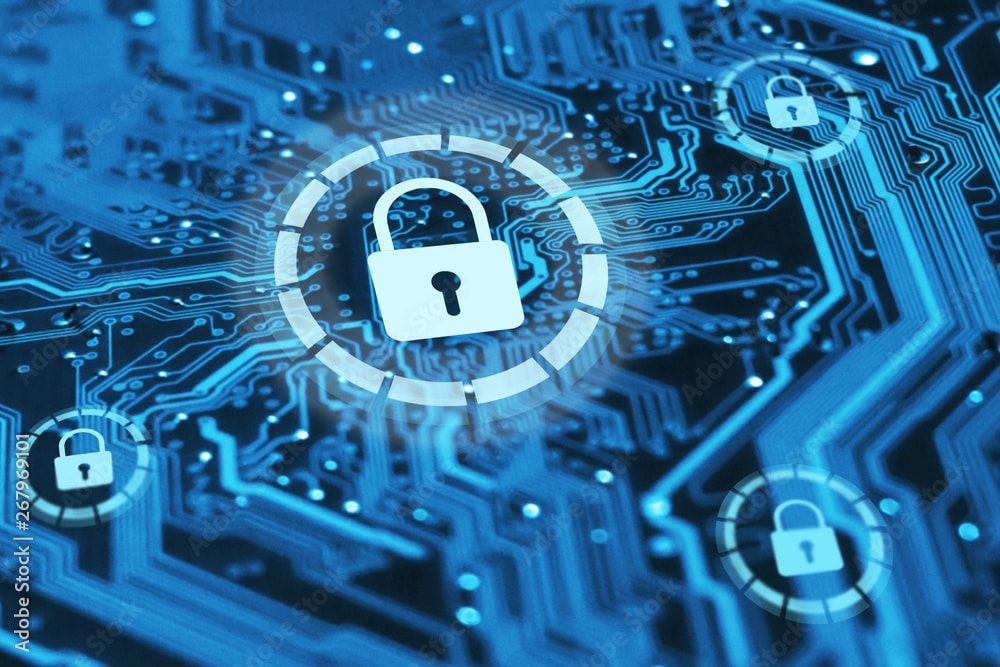By: Eric Tumperi, General Manager – equivant SCP
In our increasingly digitized world, the protection of sensitive information has become a paramount concern. For criminal justice agencies entrusted with the handling of Personally Identifiable Information (PII) and Criminal Justice Information Services (CJIS) data, maintaining robust information security policies and practices is vital. In this blog, we will explore the significance of SOC2 Type2 compliance and how it can help agencies establish a strong security posture and support their role in securing confidential information and protecting mission-critical data and systems.
Understanding PII and CJIS Information
PII refers to any data that can be used to identify an individual, including but not limited to names, social security numbers, addresses, and biometric records. CJIS, on the other hand, specifically pertains to information related to criminal justice activities such as fingerprints, criminal histories, and arrest records. Given the sensitive nature of these types of data routinely held and managed in criminal justice information systems, it is imperative for criminal justice agencies to adopt and implement stringent information security frameworks to protect their data and systems from unauthorized access, use, or disclosure. It is equally important for software vendors providing solutions to these agencies to also implement and manage end-to-end information security frameworks.
The Need for Information Security Policies and Practices
Information security policies and practices provide a structured framework for organizations to protect their sensitive data. For criminal justice agencies, such policies are not only essential for compliance but also crucial to maintaining public trust and confidence. By implementing comprehensive security measures, agencies and vendors that provide mission-critical systems can mitigate the risk of data breaches, ransomware attacks, loss of systems access, and other exposures that could have severe implications for both individuals and the justice system.
Introducing SOC2 Type2 Compliance
SOC2 Type2 compliance is a widely recognized standard developed by the American Institute of Certified Public Accountants (AICPA). It focuses on the evaluation of service organizations’ internal controls related to security, availability, processing integrity, confidentiality, and privacy. SOC2 Type2 certification provides independent validation of an organization’s commitment to safeguarding data and systems and demonstrates adherence to industry best practices. A SOC2 Type2 auditor will look for evidence of both policies and implemented procedures that prove requirements are adhered to, policies are routinely followed, and that compliance is more than a paper exercise.
Benefits of SOC2 Type2 Compliance
- Enhanced Data Security: SOC2 Type2 compliance requires criminal justice agencies and the software vendors they work with to establish and maintain robust security controls. By implementing encryption, access controls, secure software development practices, and monitoring systems, agencies can significantly reduce the risk of unauthorized access, data breaches, or system outages due to ransomware attacks.
- Secure Coding Practices: Software is one of the primary means of accessing, transporting, and interacting with data. As such, it is an especially important aspect of SOC2 Type2 compliance. A software development group committed to information security applies the principles of SOC2 Type2 deeply in their organization and everyday processes – building security by design, not as an afterthought. From the inception of the idea for a new feature or change all the way to its final testing and deployment, secure coding practices are in effect. These include risk management, issue tracking, quality assurance, real-time code vulnerability scans, software builds, and deployments. The technical principles and practices of SOC2 Type2 reach far beyond the domain of DevOps, firewalls, and data encryption.
- Increased Customer Trust: SOC2 Type2 certification is a powerful assurance for stakeholders, including citizens, law enforcement agencies, and other criminal justice organizations. Demonstrating compliance with industry standards enhances the credibility of an agency, fostering trust in its ability to protect sensitive information.
- Regulatory Compliance: Criminal justice agencies and software vendors they work with are subject to various data protection regulations, such as the Health Insurance Portability and Accountability Act (HIPAA) and the Federal Information Security Modernization Act (FISMA). SOC2 Type2 compliance helps ensure adherence to these regulations, reducing the risk of penalties and legal repercussions.
- Incident Response Preparedness: SOC2 Type2 compliance requires organizations to have well-defined incident response plans in place. In today’s hyper-connected world, this usually means having 24×7 security incident monitoring in place to not only detect bad actors but also respond quickly enough to shut down intruders and/or embedded malware from taking hold of mission-critical systems. This ensures that in the event of a security incident or cyberattack, agencies and vendor partners can promptly and effectively respond, minimizing the potential impact on data, systems, and operations.
- Continuous Improvement: SOC2 Type2 certification is not a one-time achievement; it necessitates ongoing monitoring and evaluation of security controls. This commitment to continuous improvement helps criminal justice agencies stay vigilant in the face of evolving cybersecurity threats.
The digital landscape is constantly evolving, with new threats emerging regularly. Although just one of many advanced info security measures, the adoption of SOC2 Type2 as an imperative promotes a culture of continuous improvement and adaptation to changing security challenges. By adhering to SOC2 Type2 standards, organizations commit to periodic assessments and ongoing monitoring of their information security controls. This proactive approach ensures that policies and practices remain up-to-date and effective, providing organizations with the agility to respond to emerging threats promptly.
In an era where data breaches and cyber threats are pervasive, criminal justice agencies are expected to prioritize the protection of PII and CJIS information. SOC2 Type2 compliance provides a comprehensive framework for developing robust information security policies and practices. By achieving certification, agencies and their software vendor partners alike can demonstrate their commitment to data protection, enhance public trust, and ensure compliance with regulatory requirements. Safeguarding privacy and security is not just an obligation; it is a responsibility that criminal justice agencies must embrace wholeheartedly.
The equivant SCP Security Commitment
In response to our customers’ growing needs for robust and reliable info security, we are committed to the standards as embodied in the SOC2 Type2 framework, including 24×7 Security Incident Event Management (SIEM), frequent vulnerability scanning of our systems hosted at AWS GovCloud, identity, and access management systems for all staff and all applications inside our company, secure software coding practices and tools, active phishing and security awareness training and management, and a variety of other best practices. We deploy a wide array of industry-leading tools to manage our information security framework.
Info security is key to our stakeholders’ operations and to the integrity of our industry and those we serve. Contact us to learn more about our commitment to best-in-class information security in all our software solutions.






